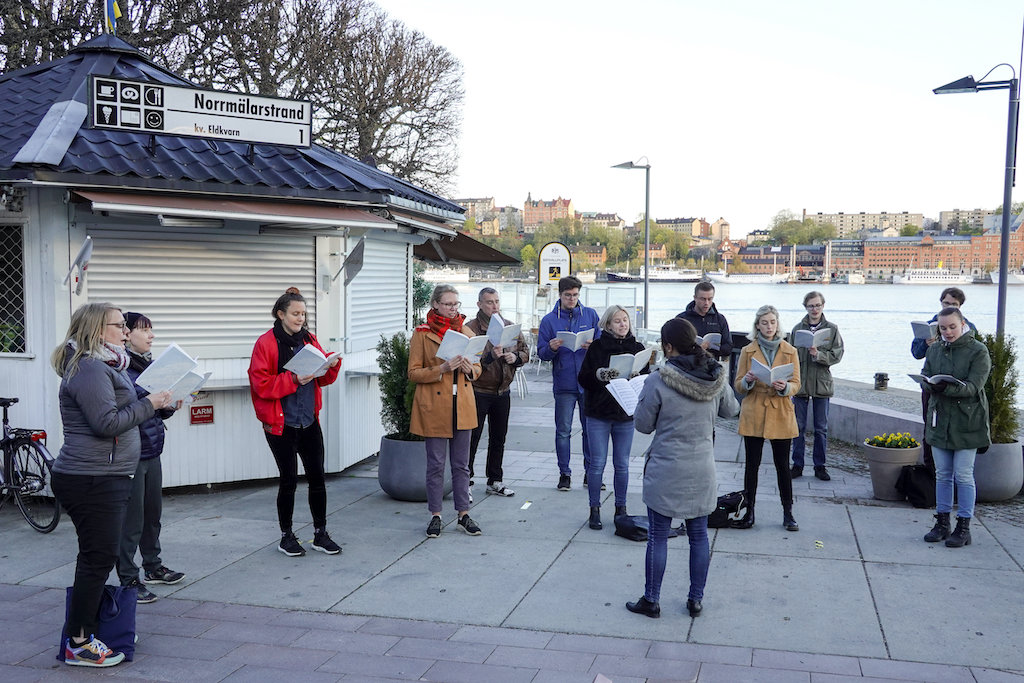Too early to judge: Sweden’s Covid-response
The WHO has arrogantly chastised Sweden for their approach to the Covid crisis and the Swedish government’s policy of seeking herd immunity instead of trying to suppress contagion. The Swedes’ approach, however, may pay off in the months to come.

The World Health Organization (WHO) has included Sweden on its list of countries at risk of a surge in Covid-19 infections that could overwhelm medical systems. The Swedish authorities disagree.
Sweden has approached the pandemic differently than most countries and has not followed the WHO’s recommendations. The Swedish government did not embrace the policy of social distancing, on the assumption that acquiring herd immunity may prove a better strategy than trying to suppress contagion. The fatality rate appears to be higher – the most at-risk group, care home residents, were not isolated – but the country’s hospitals seem capable of coping with the public health crisis.
Slanted coverage
Overall, it is striking how much attitudes of gloom and doom are crowding out balanced, realistic analyses in the reporting and debate around the pandemic. Cases are presented as totals rather than per capita rates. No wonder that countries with large populations lead in the statistics. In news coverage from the United States, the emphasis has been on new and total cases and not on the declining fatality rate. Last week, there was a significant surge in fatalities reported in some states. However, it turned out that earlier deaths only potentially attributable to the coronavirus had been added to a particular day’s figures.
We will only be able to assess Sweden’s strategy if and when another coronavirus wave comes. Then, a country with a higher acquired (“herd”) immunity rate may fare better than those that opted to limit the spread of the virus and flatten the curve of contagion.
It is impossible to evaluate epidemiological policies and pick the best one for a given country at a pandemic’s onset. The WHO is rushing to judge nations in a bossy, arrogant fashion – even though its experts now believe a second wave is possible. One must not underestimate the risks, but many news outlets and virologists would do us all a service by becoming less opinionated.
